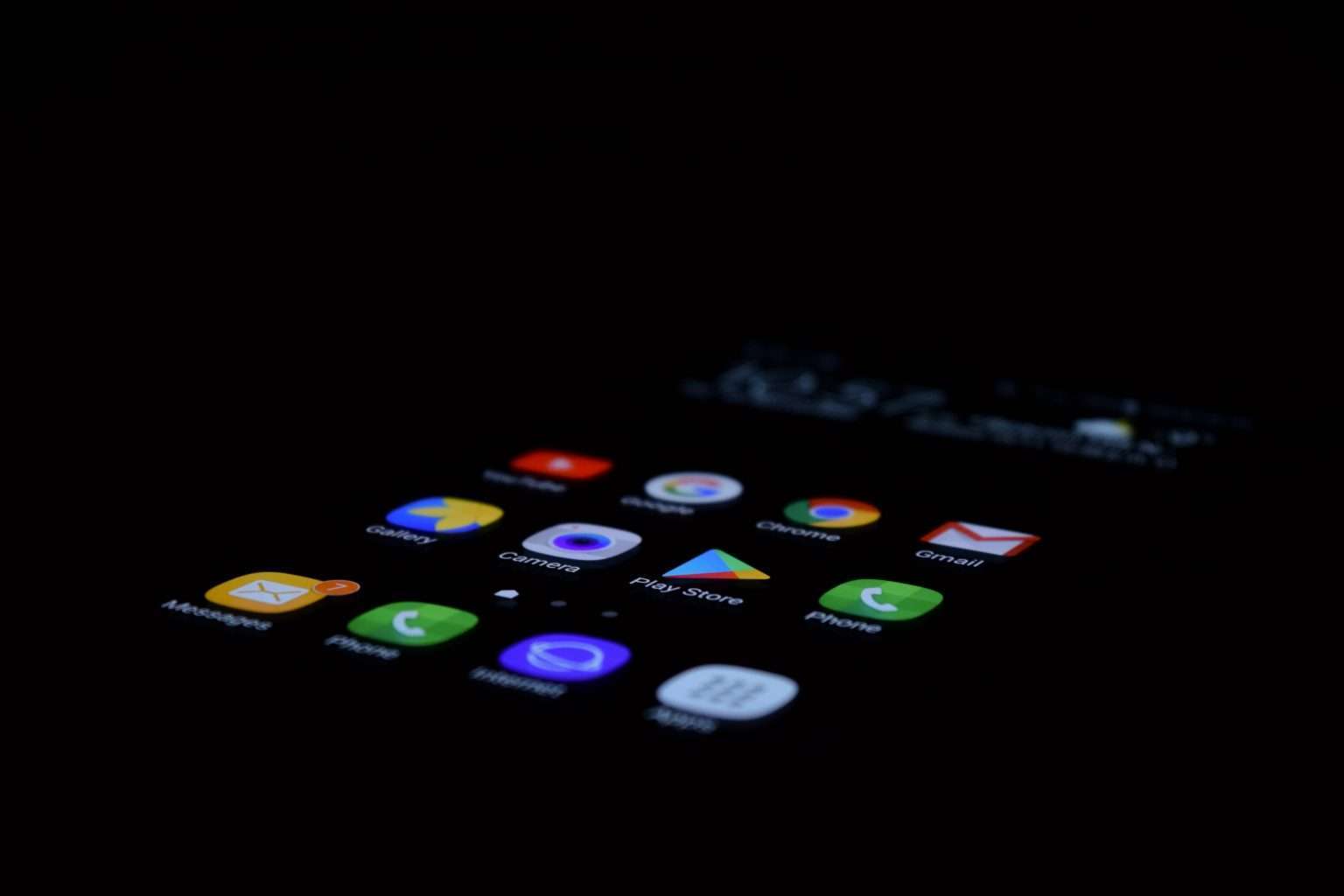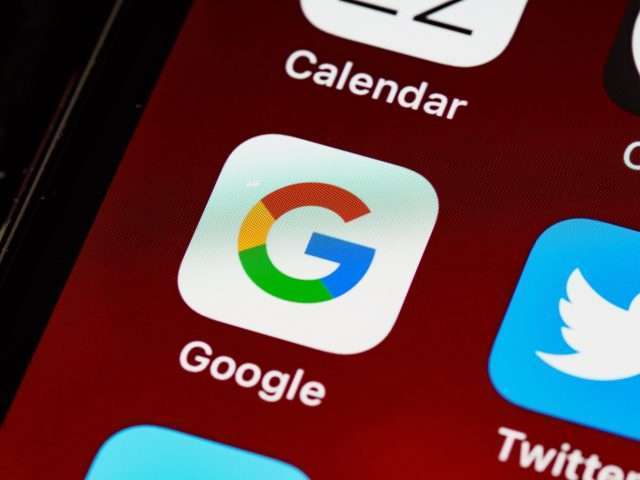Brilliant Youth And The Internet of Things

Technological advancements
The Internet of Things (IoT) has become one of the most prominent technological advancements of the 21st century. IoT refers to the interconnectivity of devices, allowing them to share data and communicate with each other without human intervention. In recent years, IoT has become increasingly popular among young people. This essay will explore how youth in the 21st century explain IoT.
According to a survey conducted by Pew Research Center, 85% of U.S. adults between the ages of 18 and 29 own a smartphone, which is considered a primary IoT device. Young people often use Internet of Things devices for convenience and entertainment, such as controlling their home appliances, playing music, and tracking fitness goals. The ability to connect, communicate, and automate tasks has made IoT devices a popular choice among youth.
However, some young people are concerned about the privacy and security risks associated with IoT. The collection and sharing of personal data by IoT devices has raised questions about who has access to this information and how it is being used. Additionally, the possibility of cyber attacks targeting IoT devices is a growing concern among young people.
Despite these concerns, youth in the 21st century are generally positive about the potential benefits of Internet of Things. Many believe that IoT devices can make their lives easier and more efficient, and that the technology will continue to advance and improve over time. As IoT becomes more integrated into everyday life, it is likely that young people will continue to embrace and explore its possibilities.

How Do Youth In Africa Explain About The Internet of Things
The Internet of Things (IoT) is a term used to describe a network of devices that are able to connect and share data with one another through the internet with minimal human intervention. In recent years, IoT has become a hot topic of discussion globally due to its potential to revolutionize different sectors of the economy. The African youth are not left behind and have actively engaged in discussions about IoT. Some view it as an opportunity to enhance their daily lives through the use of smart devices, while others see the potential impact it could have on job creation and economic development.
The youth in Africa are quick to connect the potential benefits of IoT to their daily lives. They believe that embracing IoT technology will make their lives easier and more comfortable. For instance, they view the use of smart home devices as a way of reducing energy consumption, enhancing security and simplifying household chores. They also see IoT as a potential solution to a range of challenges in the agricultural sector by providing precision farming tools that could help farmers optimize yields while minimizing environmental damage.
In addition to personal benefits, Internet of Things; the youth in Africa also recognize the potential of IoT to create jobs and propel economic growth. With the expected expansion of IoT, new skills and job opportunities will be created, leading to greater entrepreneurship and innovation. Some see the development of IoT as an opportunity for Africa to become a technology hub, where young people will lead in the creation, implementation and adoption of emerging technologies. Overall, the youth in Africa view IoT as a significant opportunity for growth and development in all aspects of life.

The Revolution of Internet and Development In The World
The internet has sparked a revolution in the way we live, work, and communicate, transforming the world into a global village. With the advancement of technology and the widespread use of computers, the internet has rapidly evolved, revolutionizing various sectors of society. From social interactions to business operations, education, and even healthcare, the internet has had a profound impact on development worldwide.
First and foremost, the internet has revolutionized communication. In the past, it could take days or weeks for a letter to reach its recipient. Now, with the click of a button, we can connect with people on the other side of the world in an instant. The rise of social media platforms such as Facebook, Twitter, and Instagram has allowed people to stay connected and share their lives with others, regardless of distance or time zones. This connectivity has fostered a sense of global community, allowing individuals to learn from each other’s experiences and broaden their understanding of different cultures and perspectives.
Moreover, the internet has transformed the business landscape. E-commerce has become a trillion-dollar industry, allowing businesses to sell products and services to customers worldwide with ease. Online marketplaces like Amazon and Alibaba have enabled entrepreneurs to reach a global customer base, leveling the playing field for small businesses and reducing barriers to entry. Additionally, the internet has opened up new avenues for innovation and entrepreneurship, with countless startups emerging in various sectors, leading to job creation and economic growth.
Furthermore, the internet has played a crucial role in advancing education. Online learning platforms and resources have made education more accessible and affordable. Students can now access lectures, courses, and educational materials from prestigious universities around the world, breaking down the constraints of time and location. This has empowered individuals to acquire new skills and knowledge, enhancing their career prospects and contributing to personal development.
In addition to education, the internet has revolutionized the way we access information. Gone are the days when we relied solely on libraries and encyclopedias for information. With search engines like Google, information is at our fingertips, available at any time. This easy access to information has democratized knowledge, enabling individuals to be more informed and make better decisions. However, with this vast amount of information comes the challenge of discerning reliable sources from misinformation, requiring individuals to develop critical thinking skills.
Moreover, the internet has brought significant improvements in healthcare. Telemedicine has emerged as a groundbreaking technology, allowing patients to consult doctors remotely, reducing the need for physical visits and saving time and money. This has been particularly beneficial for individuals in remote or underserved areas who lack access to proper healthcare facilities. The internet has also facilitated medical research and collaboration, enabling scientists and healthcare professionals to share data and findings, leading to advancements in diagnosis, treatment, and disease prevention.
Additionally, the internet has transformed entertainment and media consumption. Streaming platforms like Netflix and Spotify have changed the way we consume movies, TV shows, and music, offering convenience and a vast library of content. The rise of user-generated content platforms like YouTube has given individuals a platform to express themselves creatively and build communities around shared interests. This has democratized the entertainment industry and given a voice to previously marginalized groups.
However, alongside these benefits, the internet has also presented challenges. The digital divide, the gap between those who have access to the internet and those who do not, still persists, particularly in developing countries. This divide exacerbates inequalities, as those without access to the internet are left behind in terms of education, job opportunities, and access to information and services. Additionally, the internet has given rise to concerns around privacy and cybersecurity, as individuals’ personal data is increasingly vulnerable to hacking and misuse.
The revolution of the internet has brought about significant development in various aspects of our lives. From communication to business, education, healthcare, and entertainment, the internet has changed the way we interact, work, and learn. However, it is essential that efforts are made to bridge the digital divide and address the challenges associated with privacy and cybersecurity to ensure that the benefits of the internet can be enjoyed by all.
The Internet And World Economic Growth
The Internet has revolutionized the way we communicate, access information, and conduct business. In the digital age, it has become increasingly evident that the Internet plays a crucial role in world economic growth. This essay will discuss the various ways in which the Internet has contributed to economic growth on a global scale.
Firstly, the Internet has tremendously expanded global markets by connecting businesses and consumers from different parts of the world. Online platforms and e-commerce websites have allowed businesses to reach a wider customer base, breaking down traditional barriers to entry. Small and medium-sized enterprises, in particular, have benefited from this globalization as they now have the opportunity to compete on a global scale, leading to increased sales and job creation.
Secondly, the Internet has facilitated faster and more efficient business transactions. Online banking, payment gateways, and digital financial services have made it easier for businesses to conduct transactions and manage their finances. This has significantly reduced transaction costs and increased the speed at which business operations take place. Entrepreneurs can now focus on growing their businesses rather than dealing with the cumbersome paperwork and manual processes.
Thirdly, the Internet has revolutionized supply chain management and logistics. Companies can now track their inventories in real-time and manage their procurement and distribution channels more effectively. This has led to reduced costs, improved efficiency, and faster order fulfillment. Automation in the supply chain has also allowed for just-in-time manufacturing, reducing the need for excessive inventory and ultimately increasing profit margins.
Additionally, the Internet has provided a platform for innovation and entrepreneurship. Start-ups and innovators now have the opportunity to showcase their ideas and products globally, attracting potential investors and collaborators. Online crowdfunding platforms have enabled many innovative projects to receive funding without relying on traditional financial institutions. This has resulted in a surge of technological advancements and disruptive business models, further driving economic growth.
Moreover, the Internet has democratized education and access to knowledge, allowing individuals to acquire new skills and information that can contribute to their personal and professional growth. E-learning platforms, online courses, and open educational resources have made education more accessible and affordable. This has led to a more skilled workforce, fostering innovation, productivity, and subsequently, economic growth.
Furthermore, the Internet has facilitated telecommuting and remote work opportunities. The ability to work from anywhere has significantly changed the way businesses operate, allowing companies to tap into global talent pools. This increased flexibility and access to skilled workers have led to higher productivity rates and reduced operational costs for businesses, ultimately contributing to economic growth.
However, it is important to acknowledge the digital divide that exists, with many individuals and regions lacking access to reliable Internet connectivity. This digital divide represents a significant obstacle to fully realizing the potential economic benefits of the Internet. Governments and organizations must invest in infrastructure development and initiatives to bridge this gap to ensure that everyone has equal access to the opportunities provided by the Internet.
The Internet has become a powerful catalyst for world economic growth. Its ability to expand markets, facilitate faster transactions, revolutionize supply chain management, foster innovation, democratize education, and enable remote work has significantly transformed the global economy. However, efforts must be made to bridge the digital divide and provide universal access to the Internet to fully unlock its potential and ensure inclusive economic growth for all.
Conclusion on The Internet of Things
In conclusion, the IoT has become a popular and frequently used technology among youth in the 21st century. While concerns about privacy and security persist, the convenience and efficiency offered by IoT devices have made them a popular choice. As the technology continues to advance, it is essential that young people remain informed about the potential risks and benefits of IoT.
References
Perrin, A. (2019, June 28). Mobile Fact Sheet. Pew Research Center: Internet, Science & Tech. https://www.pewresearch.org/internet/fact-sheet/mobile/
